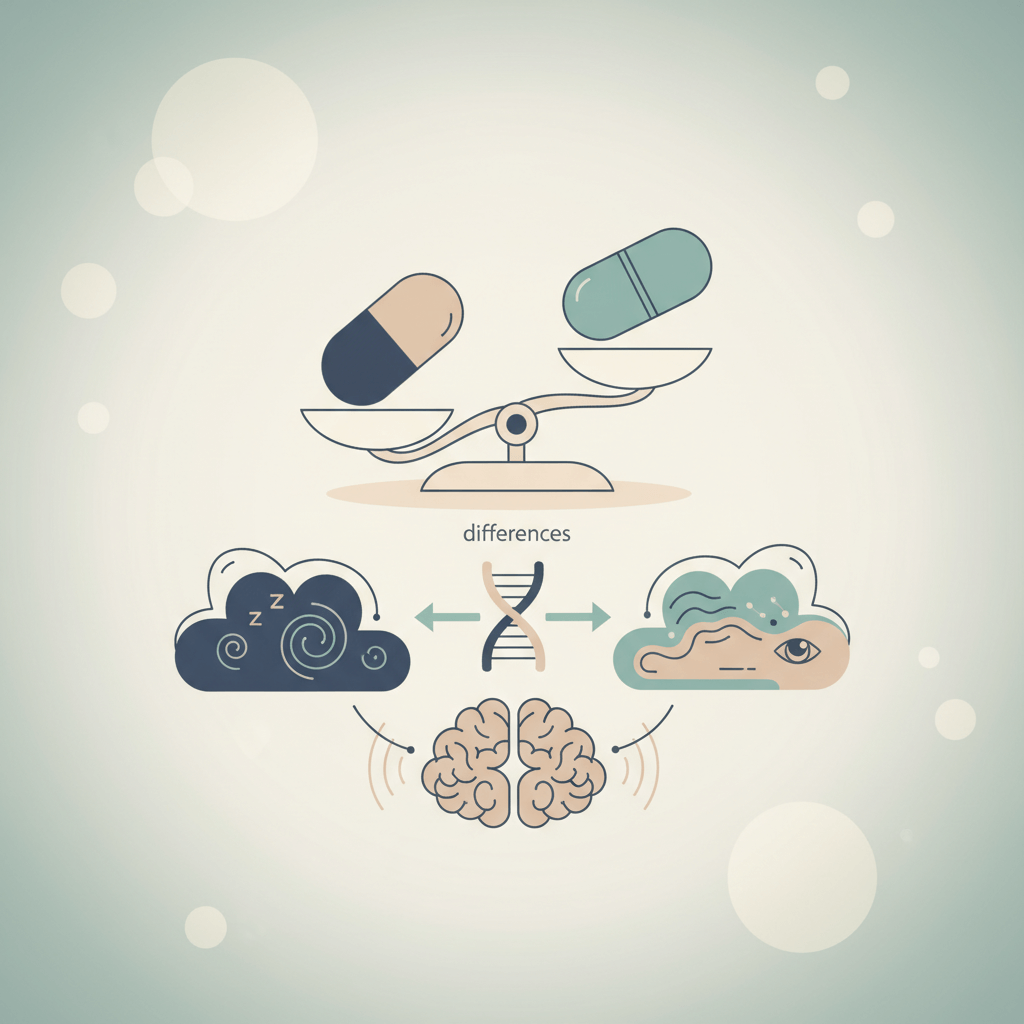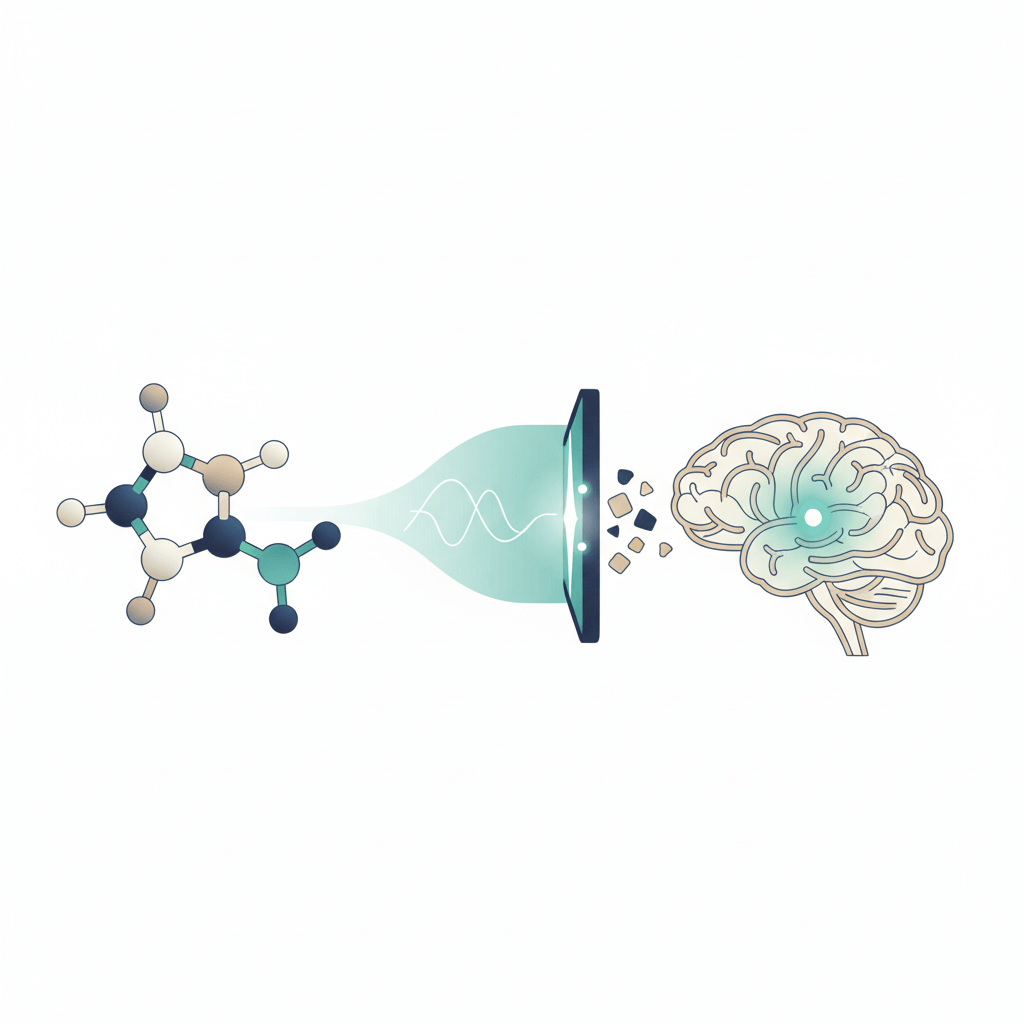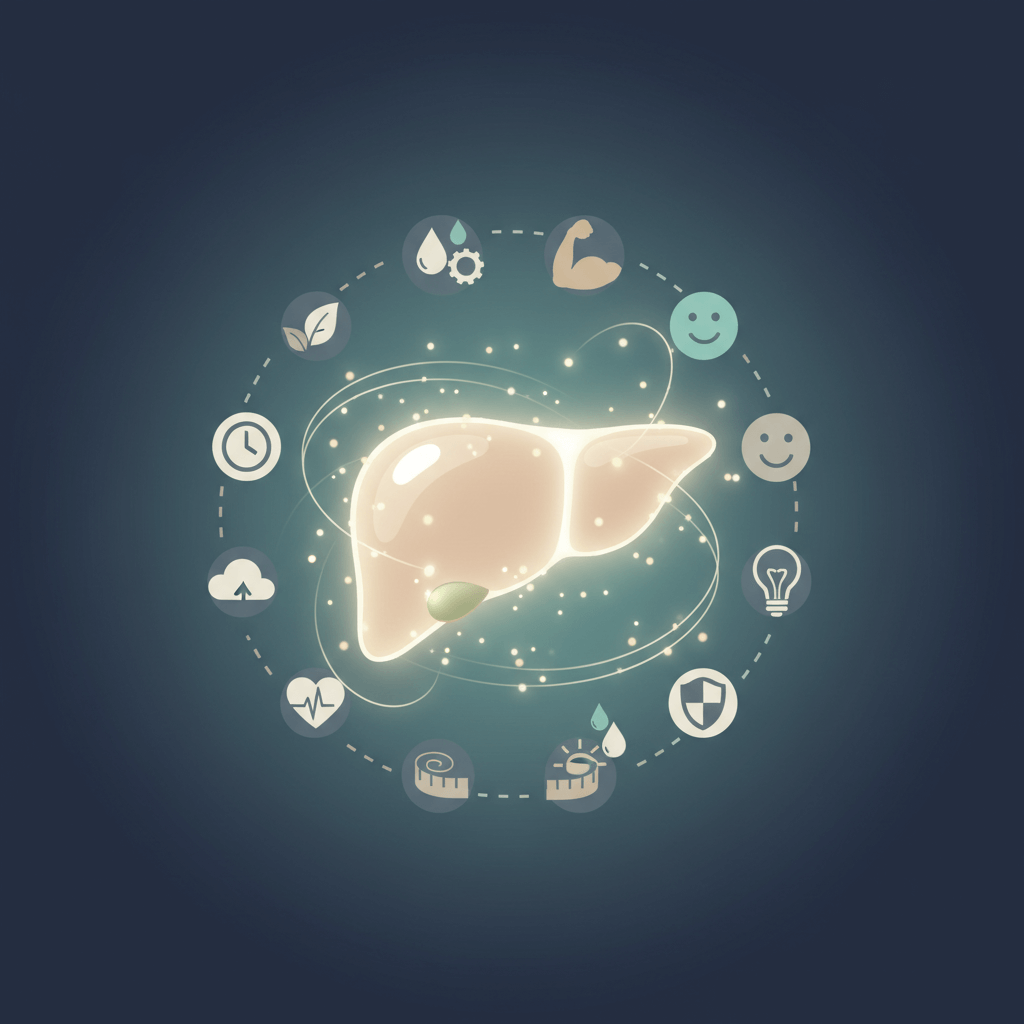Understanding Prescription Drug Overdoses
Prescription drug overdoses have become a growing concern, not only in Bensalem but also across many communities. It is essential to gain a deeper understanding of the rising trends and the impact they have on Bensalem.

Rising Trends
Prescription drug overdoses have been on the rise in recent years, posing a significant public health issue. According to national data, the number of overdose deaths involving prescription drugs has steadily increased. In fact, the Centers for Disease Control and Prevention (CDC) reports that prescription drug overdoses have become a leading cause of injury-related deaths in the United States.
The rise in prescription drug overdoses can be attributed to various factors, including the increased availability and misuse of prescription medications. It is crucial to address these trends to prevent further harm and protect the well-being of individuals in Bensalem.
Impact on Bensalem
Like many other communities, Bensalem has been affected by the alarming increase in prescription drug overdoses. The consequences extend beyond the individuals directly involved and impact the entire community.
The impact of prescription drug overdoses on Bensalem can be seen in the strain it places on healthcare resources, emergency services, and law enforcement. These incidents not only result in loss of life but also lead to increased emergency room visits, hospitalizations, and other healthcare costs.
Furthermore, the social implications are significant. Prescription drug overdoses can tear families apart, disrupt relationships, and create a sense of fear and insecurity within the community. Addressing this issue requires a comprehensive approach that involves education, prevention, and support for those affected.
Understanding the rising trends and the impact of prescription drug overdoses in Bensalem is the first step toward implementing effective strategies to address this public health crisis. By increasing awareness, providing education, and offering support, we can work together to prevent further harm, promote well-being, and create a safer community for all.
Factors Contributing to Overdoses
To understand the rise in prescription drug overdoses in Bensalem, it is important to examine the factors that contribute to this concerning trend. Two significant factors that contribute to these overdoses are the accessibility of prescription drugs and a lack of awareness regarding their potential dangers.
Accessibility of Prescription Drugs
The accessibility of prescription drugs plays a crucial role in the increasing number of overdoses. Prescription drugs, which are intended to be used under medical supervision, can end up in the wrong hands through various means. Some of the common ways these drugs become accessible to non-medical users include:
- Prescription Diversion: This occurs when individuals obtain prescription drugs through illicit means, such as sharing or selling their prescribed medications to others.
- Doctor Shopping: Some individuals visit multiple doctors to obtain prescriptions for the same or similar drugs, often without disclosing their previous prescriptions.
- Online Pharmacies: Illegitimate online pharmacies may sell prescription drugs without requiring proper prescriptions, making it easier for individuals to obtain these drugs without medical oversight.
- Family and Friends: Prescription drugs can be obtained from family members or friends who have been prescribed these medications.
Efforts to address the accessibility of prescription drugs include stricter prescribing guidelines, increased monitoring of prescribing practices, and the implementation of prescription drug monitoring programs. These initiatives aim to prevent misuse and diversion and ensure that prescription drugs are used appropriately and safely.
Lack of Awareness
A lack of awareness about the potential dangers of prescription drug misuse and abuse is another factor contributing to overdoses. Many individuals may not fully understand the risks associated with taking prescription drugs without medical supervision or in higher doses than prescribed. Some key factors contributing to this lack of awareness include:
- Misinformation: There is a lack of accurate information about the risks and consequences of misusing prescription drugs. This can lead to misconceptions about their safety and a false sense of security.
- Limited Education: Insufficient education and awareness programs may fail to adequately inform individuals about the dangers of prescription drug misuse.
- Stigma and Shame: The stigma associated with substance abuse and addiction can prevent individuals from seeking information or help, making it difficult to address the lack of awareness.
Increasing awareness about the potential risks and consequences of prescription drug misuse is vital in combatting this issue. This involves implementing educational programs targeting both the general population and healthcare professionals. By promoting accurate information, raising awareness about the risks, and reducing stigma, communities can work towards preventing prescription drug overdoses and promoting safer and more responsible medication use.
Understanding the factors contributing to prescription drug overdoses is crucial in developing comprehensive strategies to address this issue. By addressing the accessibility of prescription drugs and increasing awareness about the potential risks, communities can take significant steps towards preventing overdoses and promoting the well-being of individuals in Bensalem.
Consequences of Prescription Drug Overdoses
The alarming rise in prescription drug overdoses in Bensalem has significant consequences on both individual health and the broader social fabric of the community. Understanding these consequences is crucial in addressing the issue effectively.
Health Risks
Prescription drug overdoses pose severe health risks to individuals. The misuse or abuse of prescription medications can lead to a range of harmful effects, depending on the type and dosage of the drug involved. Some common health risks associated with prescription drug overdoses include:
- Respiratory depression: Certain medications, such as opioids, can depress the central nervous system, causing breathing difficulties and even respiratory failure.
- Cardiovascular complications: Overdosing on certain prescription drugs can significantly impact the cardiovascular system, leading to irregular heart rhythms, heart attacks, or strokes.
- Organ damage: Prolonged misuse of prescription drugs can result in liver, kidney, or other organ damage due to the toxic effects of the substances on these vital organs.
- Psychological impact: Prescription drug overdoses can also have a profound impact on mental health, potentially leading to anxiety, depression, or other psychological disorders.
The health risks associated with prescription drug overdoses underline the urgent need for prevention, education, and access to appropriate treatment options.
Social Implications
Beyond the individual health consequences, prescription drug overdoses also have significant social implications for the community. These implications can include:
- Strained healthcare systems: The increasing number of prescription drug overdoses puts a strain on local healthcare systems, including emergency departments, hospitals, and rehabilitation facilities. Overburdened healthcare resources may struggle to provide adequate care and support to those affected.
- Economic impact: Prescription drug overdoses can have a substantial economic impact on individuals, families, and the community as a whole. The cost of medical treatments, rehabilitation programs, and lost productivity can be significant burdens.
- Stigma and discrimination: Individuals who experience prescription drug overdoses and addiction may face social stigma and discrimination, which can further hinder recovery and prevent individuals from seeking help.
- Community safety concerns: Prescription drug abuse can contribute to an increase in criminal activities, including theft, fraud, and illegal drug distribution. This poses safety risks to the community as a whole.
Addressing the consequences of prescription drug overdoses requires a comprehensive and multi-faceted approach that involves not only healthcare professionals but also community organizations, policymakers, and individuals themselves. By raising awareness, providing access to treatment and support services, and fostering a supportive community environment, it is possible to mitigate the health risks and social implications associated with prescription drug overdoses in Bensalem.
Addressing the Issue
To combat the rising trend of prescription drug overdoses in Bensalem, it is crucial to implement effective strategies and initiatives. Addressing this issue requires a multi-faceted approach that includes education and prevention programs, as well as community support and resources.
Education and Prevention Programs
Education and prevention programs play a vital role in raising awareness about the dangers of prescription drug misuse and overdose. By providing accurate information and promoting responsible medication practices, these programs aim to empower individuals to make informed decisions regarding their health. Key components of education and prevention programs may include:
- Public Awareness Campaigns: Launching targeted campaigns to inform the community about the risks associated with prescription drug misuse and overdose. These campaigns can utilize various media platforms, community events, and educational materials to reach a wide audience.
- School-based Education: Incorporating comprehensive drug education programs into school curricula to equip students with the knowledge and skills necessary to make informed choices regarding prescription drugs. These programs can cover topics such as the risks of misuse, proper medication management, and the importance of seeking professional guidance.
- Healthcare Provider Training: Providing training and resources to healthcare providers to enhance their understanding of prescription drug misuse and overdose prevention. This can include educating them on best practices for prescribing medications, identifying at-risk patients, and effectively communicating the potential risks and side effects of prescription drugs.
Community Support and Resources
Creating a supportive environment that offers resources and assistance is crucial in addressing prescription drug overdoses in Bensalem. By fostering community support, individuals who are struggling with substance abuse can find the help they need. Some key initiatives and resources that can contribute to this effort include:
- Support Groups: Establishing support groups that provide a safe space for individuals affected by prescription drug misuse and overdose, as well as their families. These groups can offer emotional support, share experiences, and provide valuable insights on coping strategies and recovery.
- Treatment Centers: Expanding access to substance abuse treatment centers that specialize in helping individuals overcome addiction. These centers can provide a range of services, including detoxification, counseling, therapy, and aftercare support.
- Hotlines and Helplines: Establishing helplines and hotlines that offer immediate assistance to individuals in crisis. These resources can provide information, support, and guidance on treatment options, as well as connect individuals with appropriate services.
- Community Outreach: Organizing community events, workshops, and seminars to promote awareness and understanding of prescription drug misuse and overdose. These events can bring together community members, healthcare professionals, law enforcement agencies, and advocacy groups to collaborate and share information.
By implementing education and prevention programs and fostering community support and resources, Bensalem can take significant strides towards addressing the issue of prescription drug overdoses. It is essential to continue to raise awareness, provide accessible resources, and support those affected by this concerning trend.
Seeking Help and Support
When faced with prescription drug overdoses, seeking help and support is crucial for individuals in Bensalem and their loved ones. There are various treatment options available, along with the journey to recovery.
Treatment Options
Overcoming prescription drug overdoses requires a comprehensive approach that includes medical care, therapy, and support. Some common treatment options for individuals struggling with addiction include:
- Detoxification: The initial step in the treatment process, detoxification involves safely removing the drugs from the body while managing withdrawal symptoms. This is typically done under medical supervision.
- Inpatient Rehabilitation: Inpatient rehabilitation programs provide intensive treatment within a controlled environment. These programs offer 24/7 medical and therapeutic support to help individuals address the physical and psychological aspects of addiction.
- Outpatient Programs: Outpatient programs allow individuals to receive treatment while living at home. These programs provide flexibility and allow individuals to attend therapy sessions and receive support while continuing with their daily responsibilities.
- Medication-Assisted Treatment: Medication-assisted treatment combines medication, such as methadone or buprenorphine, with therapy and counseling. This approach helps reduce cravings and withdrawal symptoms while addressing the underlying causes of addiction.
- Therapy and Counseling: Individual and group therapy sessions play a crucial role in the recovery process. These sessions help individuals explore the root causes of their addiction, develop coping mechanisms, and learn healthier ways of managing stress and emotions.
Recovery Journey
The journey to recovery from prescription drug overdoses is unique to each individual. It requires dedication, commitment, and ongoing support. Here are some important aspects of the recovery journey:
- Continued Treatment: Recovery is an ongoing process that requires continued treatment and support even after completing a formal treatment program. This may involve regular therapy sessions, support groups, or aftercare programs.
- Building a Support Network: Having a strong support network is essential during the recovery journey. This can include family, friends, support groups, and healthcare professionals who provide encouragement, understanding, and guidance.
- Healthy Lifestyle Changes: Adopting a healthy lifestyle is vital for long-term recovery. This can include incorporating regular exercise, practicing stress management techniques, maintaining a balanced diet, and avoiding triggers that may lead to relapse.
- Addressing Co-occurring Disorders: It's important to address any underlying mental health conditions that may contribute to addiction. Integrated treatment approaches that address both addiction and co-occurring disorders are crucial for successful recovery.
- Relapse Prevention: Relapse is a common part of the recovery process, but it can be prevented. Learning coping strategies, identifying triggers, and developing a relapse prevention plan are essential steps to minimize the risk of relapse and maintain sobriety.
Remember, seeking help and support is a sign of strength. If you or someone you know is struggling with prescription drug overdoses, reach out to healthcare professionals, addiction specialists, or helplines to guide you towards the appropriate treatment options and resources.













